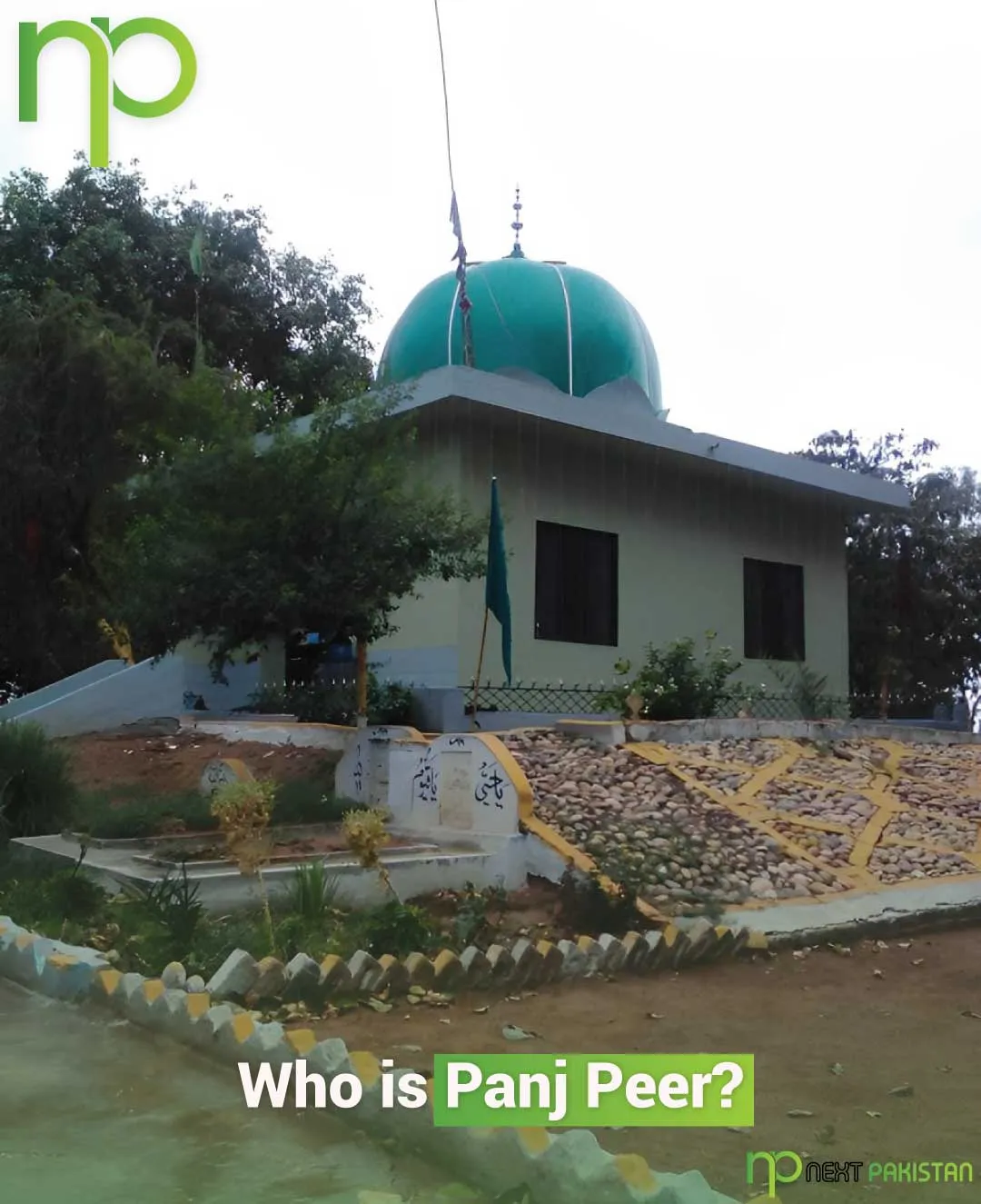
- February 15, 2024
- ubaidah khan
- 0
Introduction:
The rich tapestry of Sufi spirituality in the Indian subcontinent is adorned with the luminous presence of the Panj Peer, the Five Great Saints. These revered figures have left an enduring legacy of spiritual wisdom, compassion, and a profound connection with the divine. This article explores the cultural and spiritual impact of each saint within the Panj Peer.
1. Khwaja Moinuddin Chishti - 'Gharib Nawaz'(1142 – 1236) (Ajmer, Rajasthan, India)
Born in 1142, Khwaja Moinuddin Chishti, affectionately known as ‘Gharib Nawaz,’ serves as the foundational figure of the Panj Peer. His shrine in Ajmer, Rajasthan, India, remains a pilgrimage site for millions seeking solace and blessings. Khwaja Moinuddin Chishti’s teachings emphasized love, tolerance, and selfless service, forming the bedrock of the Chishti order.
2. Khwaja Qutbuddin Bakhtiar Kaki - Spiritual Successor(1173 – 1235), of Mehrauli, Delhi:
Situated in Mehrauli, Delhi, Khwaja Qutbuddin Bakhtiar Kaki played a pivotal role in the spiritual development of the region. As a trusted disciple and spiritual successor of Khwaja Moinuddin Chishti, he significantly contributed to the dissemination of Sufi teachings.
3. Baba Farid Ganjshakar - The Treasure-Bestower (1179 – 1266) (Pakpattan, Punjab) :
Revered across the subcontinent, Sheikh Baba Farid Ganjshakar’s shrine in Pakpattan, Punjab, Pakistan, stands as a testament to his spiritual wisdom. His title, Ganjshakar, meaning ‘Treasure-bestower,’ reflects his profound impact on Sufi tradition.
4. Baha'ud din Zakariya - Founder of Suhrawardiyya Sufi Order (1182 – 1268) (Multan, Punjab):
With his shrine in Multan, Punjab, Pakistan, Baha’ud din Zakariya founded the Suhrawardiyya Sufi order, leaving an enduring impact on the spiritual and cultural heritage of the region.
5. Lal Shahbaz Qalandar - Poet and Devotee (1177 – 1274) (Sehwan, Sindh):
Venerated in Sehwan, Sindh, Pakistan, Lal Shahbaz Qalandar is known for his poetic contributions and deep devotion to God. His shrine remains a center of spiritual activity and pilgrimage.
Cultural and Spiritual Significance:
The Panj Peer are not only central figures in the Sufi tradition but also influential characters in the cultural fabric of the subcontinent. Referenced in the love-epic “Heer Ranjha” by Sufi poet Sayyid Waris Shah, their cultural and spiritual significance is deeply embedded in the region’s heritage.
Conclusion:
The Panj Peer continue to inspire and guide seekers on the path of love, tolerance, and divine connection. Their collective impact transcends religious boundaries, fostering unity and spirituality among diverse communities. As beacons of light in the spiritual journey, the Panj Peer remain central figures in the vibrant tapestry of Sufi wisdom in South Asia.